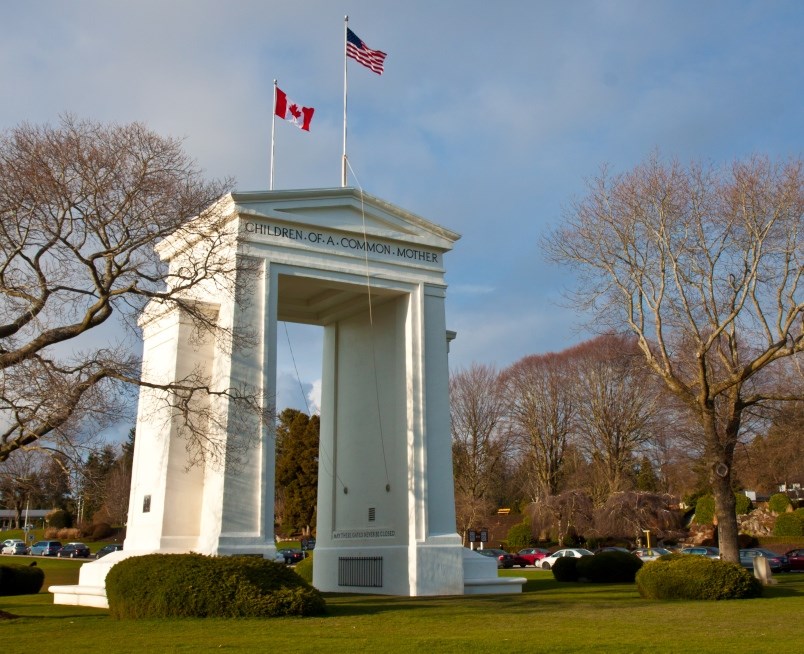Political tensions and the prospect of war between the United States and Iran have North Vancouver’s sizable Persian community feeling on edge.
On Monday, North Vancouver resident Sam Sadr, 39, was detained for more than eight hours while trying to cross the U.S. border into Washington State.
It followed a U.S. bombing targeting an Iranian general and retaliation from Iran directed at a base hosting American soldiers in Iraq.
Sadr said U.S. Customs and Border Patrol officials questioned him about everything from his sister’s and brother’s birth dates to where he’d gone to school. They also asked whether anyone in his family had a role in any army, navy or military service or Iran’s political affairs.
“I’m a tourist, not a terrorist. I’m not a member of anything,” he said in an interview, adding he left Tehran at age seven and grew up in Japan before moving to Canada about 18 years ago.
“I have a Canadian passport, but it says I’m born in Iran.”
Sadr said he twice asked why it was necessary for him and his family to be detained for so long.
“I just asked, ‘Can I get my passport and go home, back to Vancouver?’ They said, ‘No, we have to get the order from head office.’ “

U.S. Customs and Border Patrol officials have denied questioning Iranian-Canadian and Iranian-American travellers returning from Canada during a secondary screening process at the border. The agency does acknowledge operating under an “enhanced posture” as a result of the current threat environment.
Officials at the Peace Arch border crossing attributed the long delays to staff shortages.
Sadr said he won’t return to the U.S. until there’s a resolution of the political turmoil between the U. S. and Iran.
“I wish peace will come back so we can go without any discrimination,” he said.
Persian interest newspaper Shahrvand editor Hadi Ebrahimi said both the plane crash in Tehran - which left 138 people headed to Canada dead - and political tensions in the region are top of mind for his readers.
“Absolutely they are concerned about their families in Iran and the situation is not a good situation,” he said.

Fahimeh Kalhor, who came to pay respects to victims of the Tehran plane crash at a memorial outside Amir Bakery in North Vancouver Thursday, described recent events as “a very complicated situation.”
But Kalhor pointed to U.S. President Donald Trump for escalating tensions in the region.
“Trump is trying to say . . . ‘I’m the strongest leader in the world’,” she said.
The conflict between the U.S. and Iran will feature heavily in the next edition of Shahrvand, Ebrahimi said, but as of Wednesday morning, he was expressing hope the situation would de-escalate.
“It looks like it’s a kind of game between them and it’s going to cool down,” he said, noting U.S. President Donald Trump has signalled Iran will face more sanctions but likely not military action.
That was before Prime Minister Justin Trudeau came forward to announce Thursday that government officials believe the crash of Ukraine International Airlines flight 752 was caused by an Iranian surface-to-air missile.
Though the exchange of military belligerence between the U.S. and Iran began last week, the conflict had been escalating for at least a year, Ebrahimi added.
Iran had already been in domestic political upheaval with demonstrations against the government taking place last month, Ebrahimi said. But even with protesters killed or jailed, all of that appears to have “washed out,” he added.
– with files from
Jane Seyd & the Canadian Press
Read more from the North Shore News


